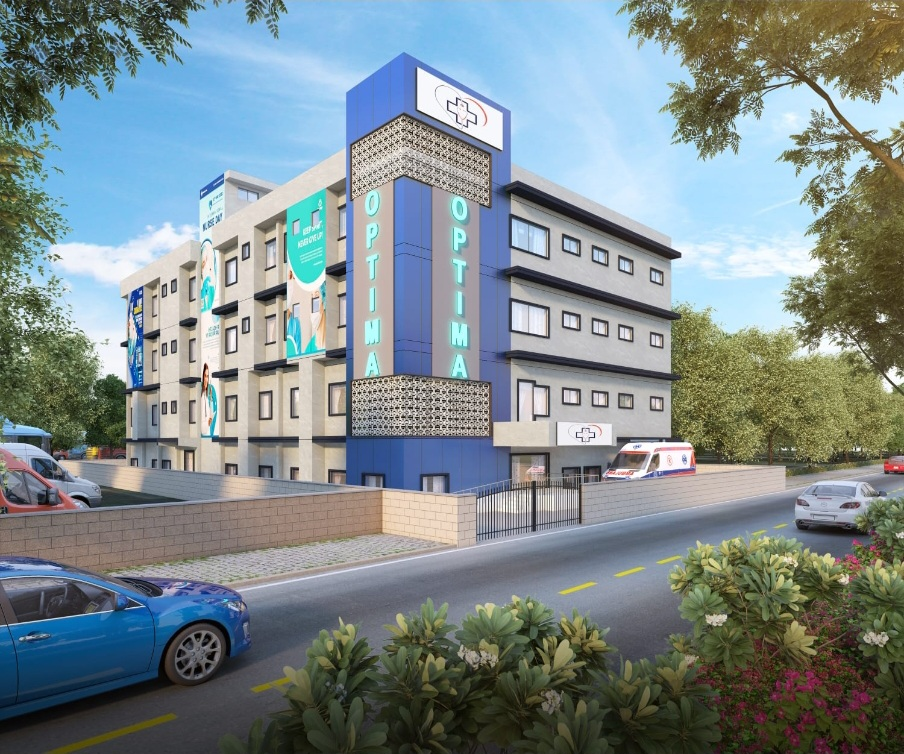
Kidney health is often overlooked until problems become too severe to ignore. However, like any other organ, your kidneys require attention and care to function properly. Understanding when to visit a nephrologist — a doctor specializing in kidney diseases — can make a significant difference in your overall well-being. Let’s explore the signs and situations that indicate it may be time to consult a kidney specialist.
What Does a Nephrologist Do?
A nephrologist diagnoses, treats, and manages diseases related to the kidneys, including chronic kidney disease (CKD), hypertension (high blood pressure), kidney infections, and electrolyte imbalances. They also manage dialysis for patients with severe kidney failure and are crucial for those undergoing or considering kidney transplants.
Signs You Need to See a Nephrologist
- Uncontrolled High Blood Pressure Hypertension is both a cause and a symptom of kidney problems. If your blood pressure remains consistently high despite taking medications, it might indicate that your kidneys aren’t functioning properly. A nephrologist can help manage your blood pressure and assess your kidney health.
- Abnormal Urine Tests Routine urine tests often reveal abnormalities, such as protein or blood in the urine. These symptoms can be early signs of kidney disease, infections, or other underlying conditions. If your doctor detects these abnormalities, they may refer you to a nephrologist for further investigation.
- Chronic Kidney Disease (CKD) CKD is a slow and progressive loss of kidney function over time. It is often caused by diabetes, hypertension, or other chronic conditions. Early stages may not show symptoms, but over time, you might experience swelling, fatigue, and difficulty concentrating. Seeing a nephrologist can help you manage the disease and slow its progression.
- Swelling (Edema) Swelling in your hands, feet, or face, especially in the morning, could be a sign of kidney disease. Kidneys play a vital role in balancing fluids in the body, and when they fail, fluid can accumulate, leading to noticeable swelling. A nephrologist can help identify the cause and recommend appropriate treatment.
- Family History of Kidney Disease If kidney disease runs in your family, you are at higher risk of developing it as well. Genetic factors can predispose individuals to conditions like polycystic kidney disease (PKD) or Alport syndrome. If you have a family history of kidney problems, seeing a nephrologist for regular check-ups is wise.
- Frequent Urinary Tract Infections (UTIs) If you experience recurrent UTIs, especially if they progress to kidney infections (pyelonephritis), it may be a sign that your kidneys are struggling. Chronic kidney infections can lead to scarring and damage. A nephrologist can help prevent further complications.
- Diabetes Management Diabetes is one of the leading causes of kidney disease. If you have diabetes, regular monitoring of your kidney function is crucial. A nephrologist can work with your primary care doctor or endocrinologist to ensure your kidneys remain healthy, especially if your blood sugar levels are difficult to control.
- Kidney Stones Passing a kidney stone is painful and could be a sign of underlying issues with kidney function. If you frequently suffer from kidney stones, a nephrologist can help determine the cause and recommend ways to prevent future occurrences, including dietary changes and medications.
- Electrolyte Imbalances Your kidneys are responsible for maintaining the balance of electrolytes in your body, such as sodium, potassium, and calcium. If you have persistent electrolyte imbalances, it could indicate kidney dysfunction. Symptoms might include fatigue, muscle cramps, and irregular heartbeats.
- Chronic Fatigue and Weakness If you’re constantly tired, weak, or find it difficult to concentrate, it could be related to kidney function. Kidneys play a crucial role in filtering waste from the bloodstream, and when they aren’t working well, waste can build up, leading to fatigue.
How a Nephrologist Can Help?
Nephrologists are experts in diagnosing and treating kidney-related conditions. They can provide:
- Early detection of kidney disease: Catching the problem early can slow or prevent its progression.
- Medication management: Nephrologists can adjust medications for blood pressure, diabetes, and other conditions affecting your kidneys.
- Diet and lifestyle changes: They often recommend dietary adjustments to improve kidney health.
- Dialysis and transplant services: In cases of severe kidney failure, they manage dialysis and advise on transplant options.
When to Make the Appointment
If you experience any of the signs listed above, it’s essential to take action. Early consultation with a nephrologist can make a significant difference in preventing the progression of kidney disease. Regular check-ups, especially if you’re at high risk, can ensure that any issues are detected and treated before they worsen.
Meet Dr. Sandeep Kumar Garg – Your Trusted Nephrologist
Dr. Sandeep Kumar Garg is a highly experienced nephrologist, specializing in kidney diseases, dialysis, renal transplantation, and hypertension management. With years of expertise, Dr. Garg is committed to providing comprehensive care tailored to each patient’s needs. If you’re experiencing any kidney-related symptoms or have a chronic condition that puts you at risk, don’t wait.
Schedule a consultation with Dr. Sandeep Kumar Garg today and take the first step towards better kidney health. Your kidneys play a vital role in your overall well-being—let an expert guide you on the path to optimal health.
Feel free to reach out to Dr. Sandeep Kumar Garg for personalized care and expert advice.
Your kidneys deserve the best care possible!


